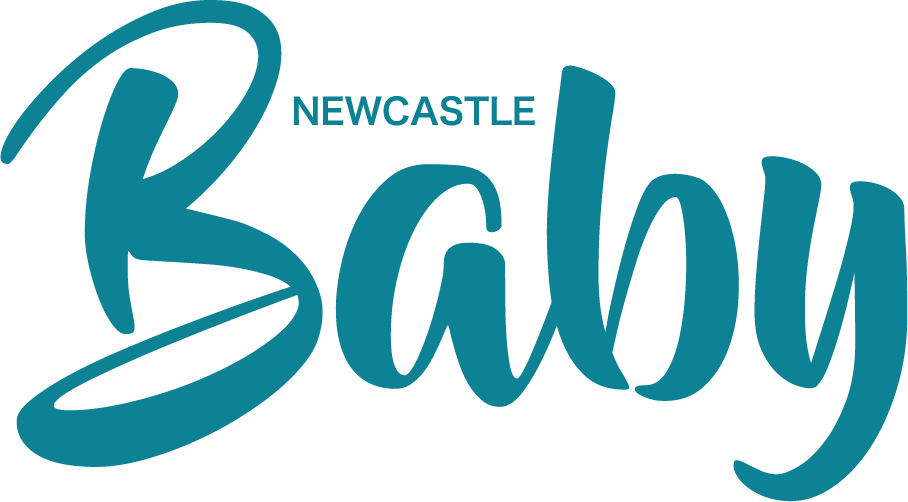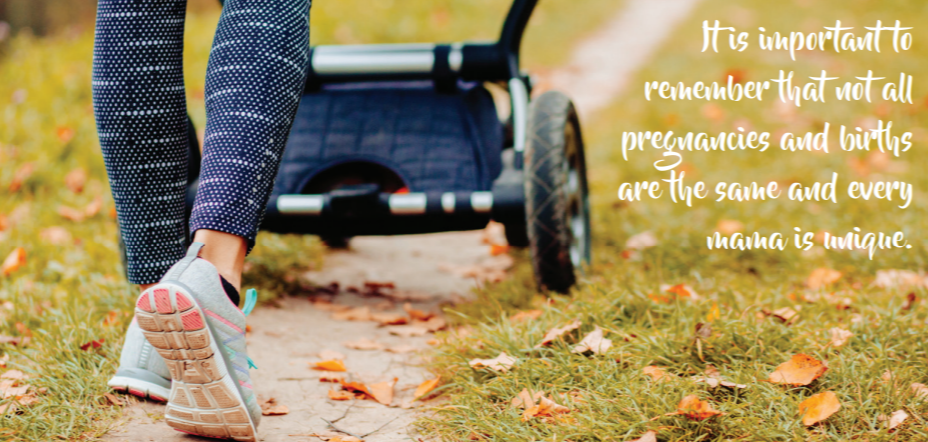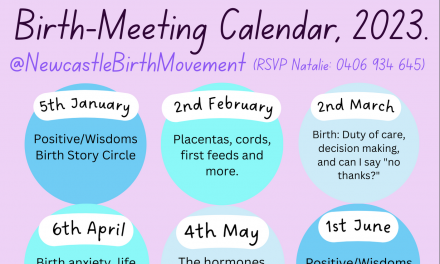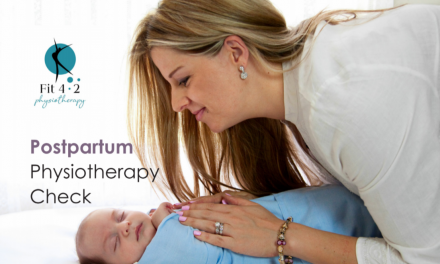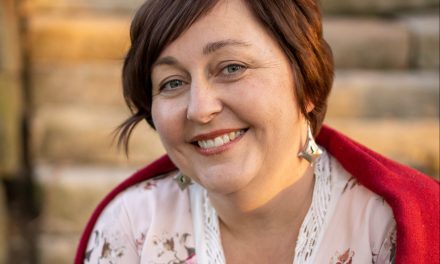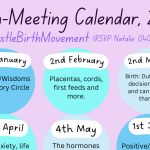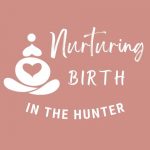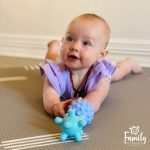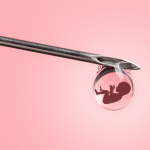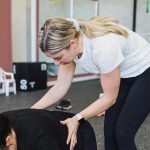There can be a lot of pressure on new mums to “bounce back” after childbirth but this is not realistic for most women. Pregnancy and birth place strain on the pelvic floor and abdominals therefore returning to the sports we love requires rehabilitation before performing higher level activities such as running (impact sports) and lifting weights. Returning to sports before re-strengthening the core can in fact lead to injuries including pelvic floor dysfunction and Pelvic organ prolapse (POP).
It is important to remember that not all pregnancies and births are the same and every mama is unique. There is no one size fits all program. Women who have had tearing and stitches after a vaginal birth or women who have had a Caesarean birth will be required to take things more slowly. Listen to your own body and do not compare yourself to others.
I strongly recommend having a postpartum check up with a women’s health physiotherapist to assess your pelvic floor and abdominal muscles for any dysfunction (Including Diastasis) before returning to sport. This assessment also looks at other functional movements to see if you are ready to recommence the sport of your choice safely and if not design a program to help you to achieve your goals.
On a positive note the pregnancy and postpartum period can be an excellent opportunity to exercise and connect with your body in a new way. I have even seen new mums return to their chosen sport even stronger, achieving better results than before pregnancy. This is probably due to the increased core strength and pelvic stability, improved body awareness and posture that they have gained in the Fit-4-2 pregnancy and/or postpartum program. So, what is safe and recommended?
48 hours after delivery see if you can connect to your pelvic floor muscles and if they respond to a squeeze and lift. Try
building up the length of contraction daily (be guided by any discomfort). In the first 2-6 weeks postpartum I recommend beginning some gentle core strengthening exercises. Start with Lying on your back with knees bent, inhale into your ribcage to prepare, as you exhale try to draw your bikini line away from your clothing and squeeze and lift the pelvic floor. Relax your pelvic floor and abdominals as you inhale. This should be performed without moving your spine. Try for 10 breaths. Twice a day. Try to remember to perform this core contraction as you lift your baby. This is also a great time to get outdoors with the pram and go for a walk.
Exercises that should generally be avoided initially postpartum are: sit ups/ crunches, double leg lifts, planks and burpees.
During the first 6 to 12 weeks the tissues are healing and remodelling, during this time it is advisable to avoid impact exercises and lifting anything heavier than your baby. From 6 weeks to 4 months is a great time to join a postpartum class. Please remember that mums n bubs classes should be a specialised postpartum rehabilitation class with an experienced instructor, not simply a fitness class which you are allowed to take your baby along to.
Around the 3-6 month mark you can gradually return to more intense exercise providing that you have adequate pelvic floor strength. This should be a gradual process. The evidence based recommendation is that returning to running is not advisable prior to 3 months postpartum or beyond this if any symptoms of pelvic floor dysfunction are identified during or after attempting to run. Signs that the exercise is too intense, or you are doing too much too soon include: lower back or pelvic pain, heaviness in the perineum, leakage of urine, faeces or wind during or after exercise. If you notice any of these signs please reduce the intensity, load and/ or duration of exercise and seek help to improve the strength, function and coordination of your pelvic floor and abdominal muscles. Please be gentle, patient and kind to yourself.
Remember it took 9 months to create, grow and birth your baby it may take you at least 9 months to get back to the level of training you were at before. Learn to love your new body and the journey back to exercise. The risk should never outweigh the reward.
Kirsten Joyner is a physiotherapist and Pilates practitioner who has worked in the field of women’s health and perinatal physiotherapy for the last 16 years. Kirsten is passionate about helping women strengthen their bodies and minds to prepare for childbirth.
Postpartum Kirsten loves helping women return to the sports they love as well as returning to a healthy, pain-free sex life.
Kirsten Joyner
Pilates For Life the Junction
0415 871 043
